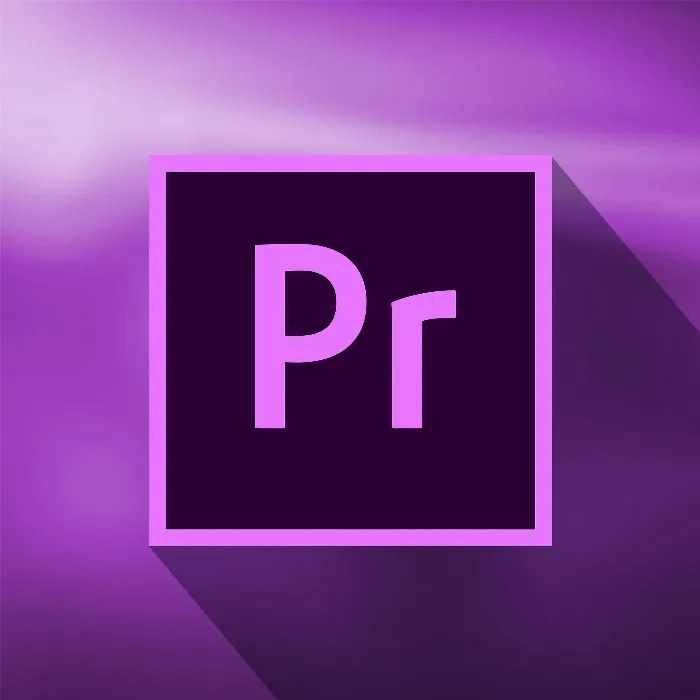Log-Profiles are an essential tool in the field of video production, especially when working with a camera that supports this feature. They allow for better control over contrast and colors, which helps you achieve the desired visual effect in post-production. In this tutorial, I will give you a comprehensive overview of how to effectively use the LOG profile, what advantages and disadvantages it brings, and which alternatives may be better suited for your situation.
Key Findings Using LOG profiles in video production can lead to impressive results, but it requires a certain level of knowledge in post-production. The LOG profile compresses the dynamic range, giving you more room in color correction. At the same time, using it also poses challenges, especially when judging exposure and colors during shooting. An alternative is to use a less extreme picture profile that makes it easier to judge the image in real-time.
Step-by-Step Guide
1. Understanding the LOG Profile
The LOG profile, whether built into Panasonic or Sony cameras, ensures that the contrast values are heavily compressed. This results in an extremely flat image. The bright and dark areas of the image are kept closer together, giving you more leeway in post-production.
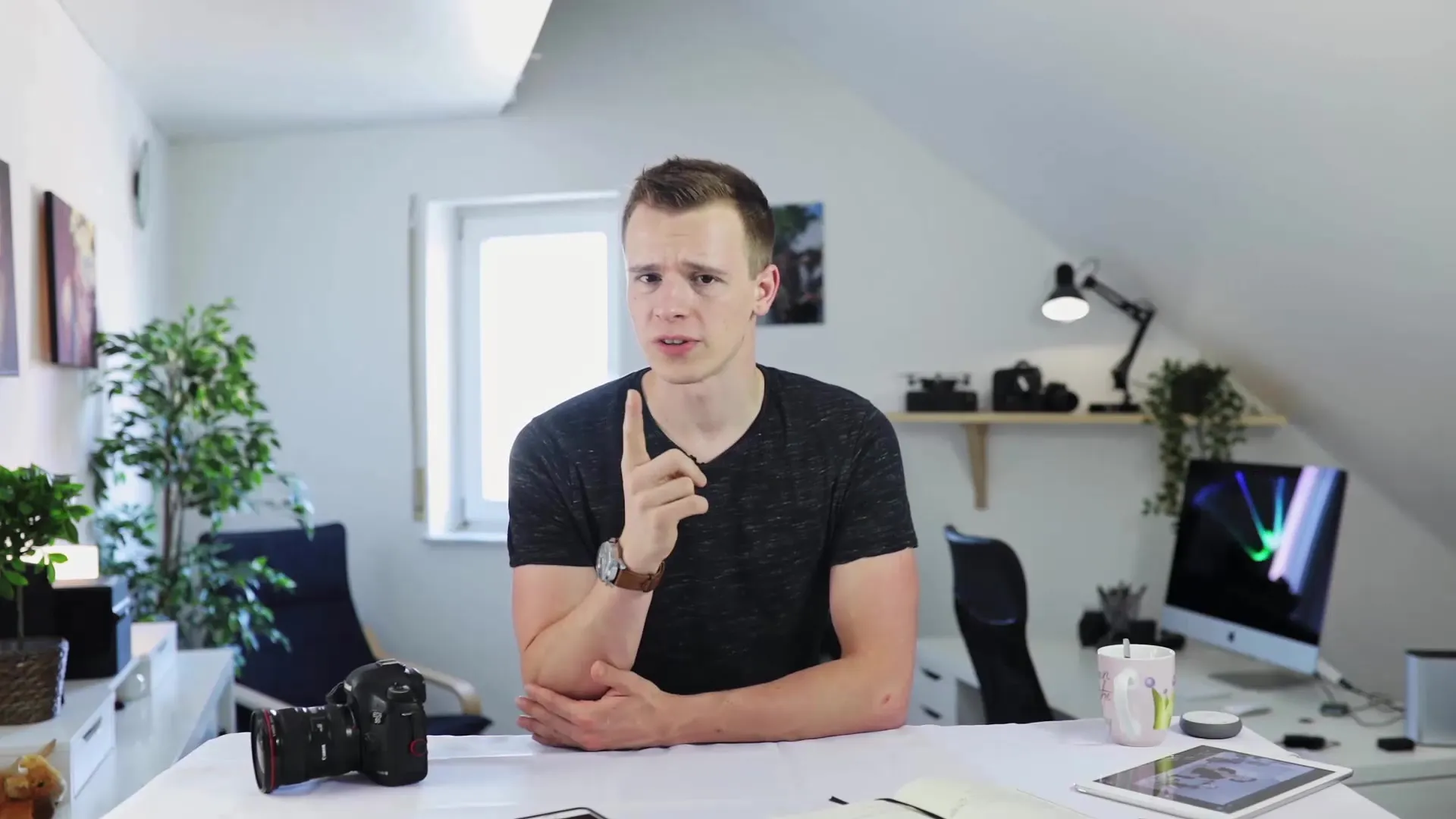
2. Making Camera Settings
To enable the LOG profile, you need to adjust your camera accordingly. Find the camera settings menu and select the desired LOG profile. Make sure everything is configured correctly to achieve the best possible results.
3. Paying Attention to Exposure
A common problem when filming with LOG profiles is judging exposure and color reproduction in real-time. Since the image looks flat, it can be difficult to set the correct exposure. This means you need to be particularly careful with exposure, as you can't make as many adjustments after shooting as you might think.
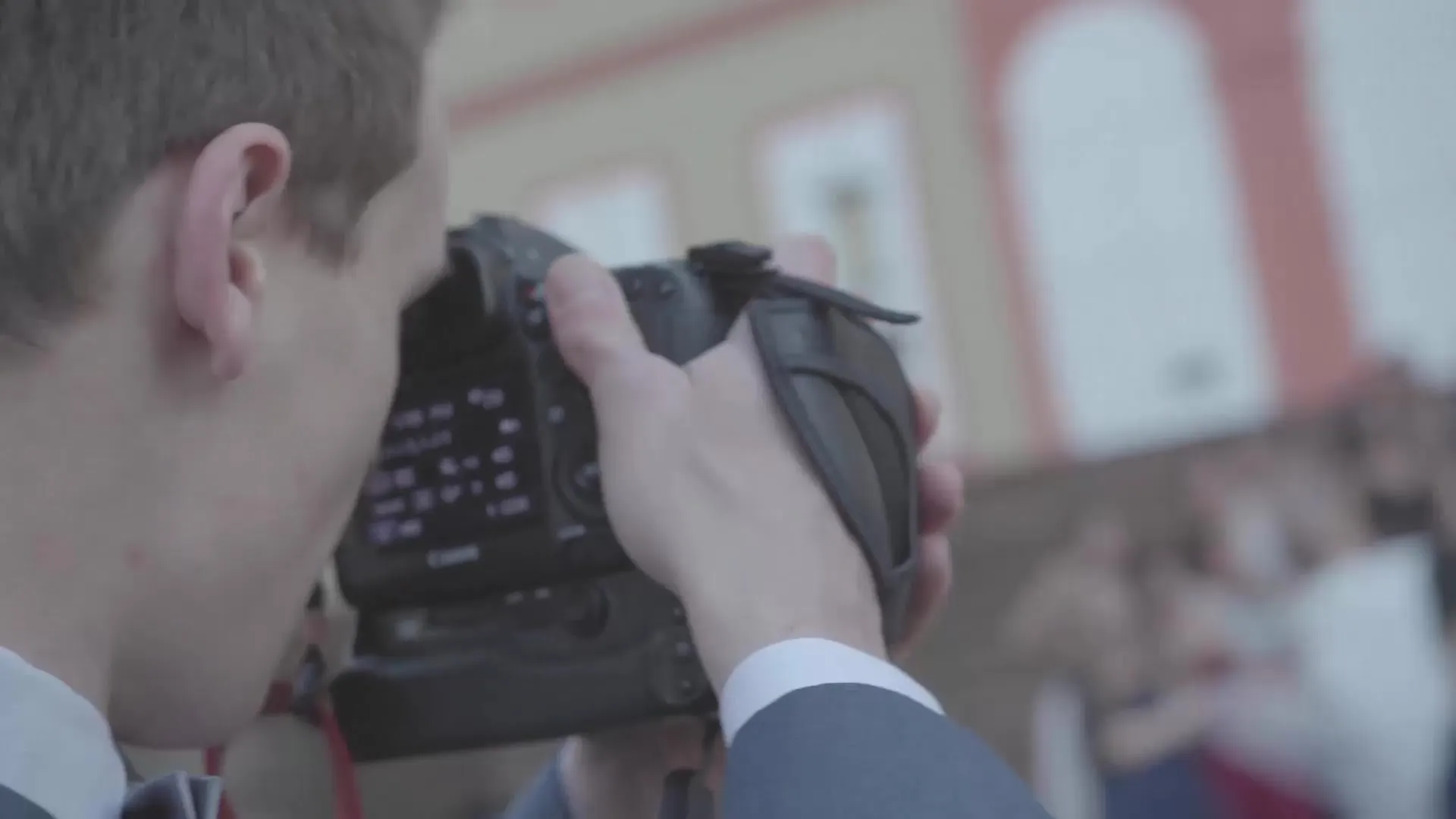
4. Making Contrast Adjustments
After shooting, the post-production follows where you need to adjust the contrast. This typically happens in a video editing program like Premiere Pro CC. Apply a contrast filter and adjust the dark and bright values of your image.
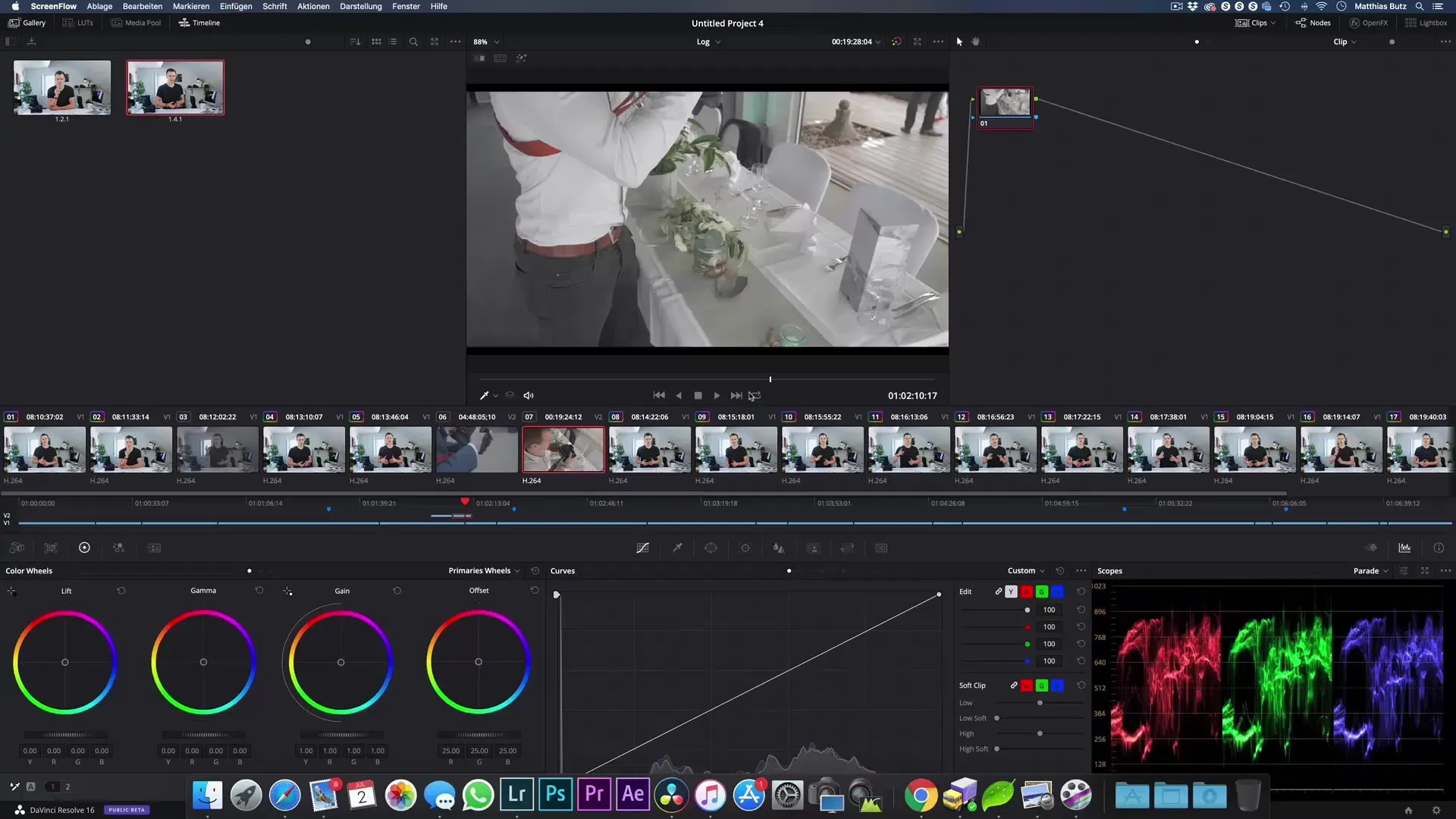
5. Adjusting Color
The colors also need to be intensified. You can increase the saturation and manually adjust the colors as needed to make the image appear more vibrant. The advantage of the LOG profile lies in the flexibility you have due to the flat values.
6. Avoiding Overexposure and Underexposure
Even though LOG profiles give you more leeway in adjusting brightness, they are not a cure-all. Overexposure or underexposure can severely affect image quality. Therefore, it is important to control these values well during shooting.
7. What Are the Alternatives?
If you find that LOG profiles do not deliver the desired results, consider using a more neutral picture profile. This provides a good compromise between a dynamic image and assessability during shooting.
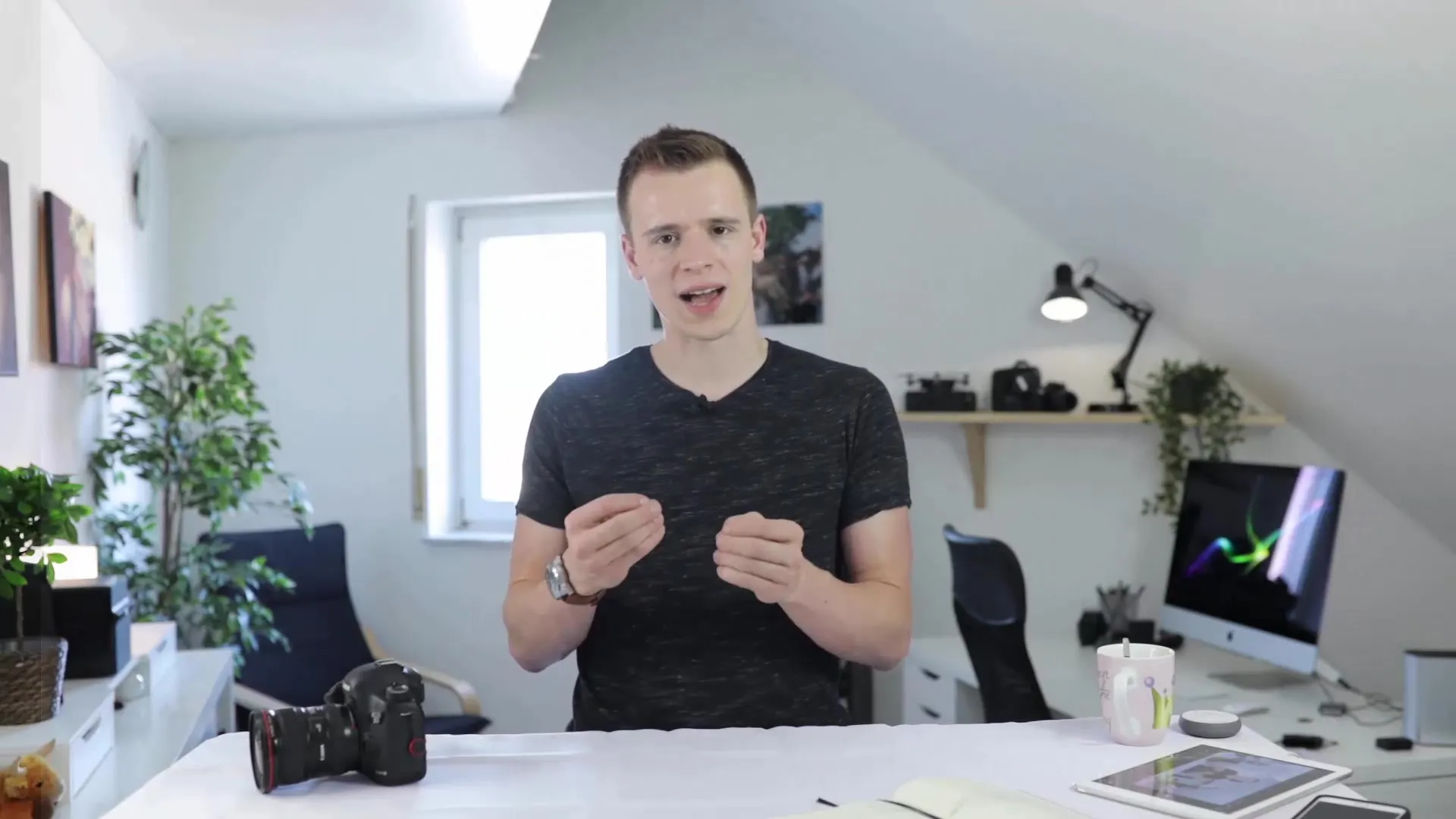
8. Adjusting Sharpening Values
Finally, you should adjust the sharpness according to your needs. Excessive sharpness in the camera can be hard to correct later, so it is advisable to minimize it and do the sharpening in the editing process.
Summary - Effective Use of the LOG Profile in Premiere Pro CC
The LOG profile is a powerful tool that gives you more freedom and control over your image in post-production, but it also requires a certain level of experience and technical knowledge. The right understanding and application can make a significant difference in the quality of your videos.
Frequently Asked Questions
What is a LOG profile?A LOG profile is a camera profile that compresses the image contrasts to provide more dynamic range for post-production.
When should I use a LOG profile?LOG profiles are ideal if you want to work in dynamic scenes with high contrast situations and have time for post-production.
What are the disadvantages of the LOG profile?It can be difficult to assess exposure and colors in real-time, and it requires extensive post-production work.
Are LOG profiles suitable for all cameras?LOG profiles are not available on every camera and should only be used with devices that are designed for it.
Are picture profiles a good alternative?Yes, picture profiles offer less extreme compression and allow you to better assess the image during shooting.
